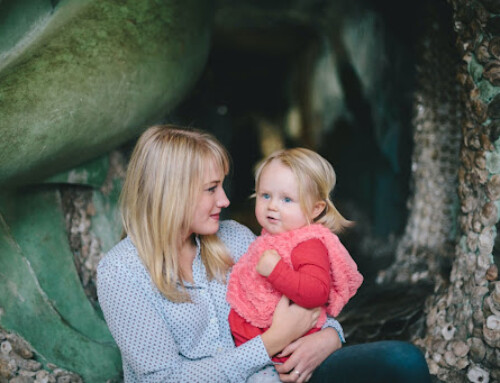As your toddler begins to grow there are those ‘firsts’ that we all love to see:
–first smile
-their first steps
-the first they eat solid food
-and their first word and first sentence
All of those are great when our children do them for the first time. But what if you haven’t really heard your child say a word and they are age 2 (or 3?). What if your child is using only single words and is age 2 or 3? You may have thought about talking to your pediatrician or seeing a speech therapist. But maybe friends, relatives, your pediatrician, or even you find yourself saying one of the following:
- “Don’t worry”
- “He’s stubborn”
- “It’s normal for kids not to talk until they are 3”
- “My child is bilingual and bilingual kids talk later”
- “Your child is the youngest and everyone talks for him”
Chances are if your child is not talking and you have expressed your concern to anyone-you have probably heard one of these in one form or another. So let’s talk about each of these and let a Speech-Language Pathologist (me!) give you a professional take on these:
- Don’t worry
If you are a parent you are going to worry-especially if this is your first child. But worry is not necessarily a bad thing. Worry can be our bodies’ way of telling us that something is wrong. So if you have concerns or worries-definitely address them.
- He’s stubborn
Goodness if I had a dollar for every time I heard this one-I would own a condo on the beach! Are children stubborn-YES! ‘Toddlers’ and the word ‘stubborn’ goes hand in hand. But just because your child is stubborn does not mean that is why they are not talking. Often when parents ask their child to say a word or a phrase and the child refuses to say the word or name the picture-the child could be stubborn. But there could also be a problem: your child may not have the words or they may not know the word. Please know that children communicate all the time, when they are by themselves, when no one is talking to or asking them to name something. Children should be naming objects or people (for no reason other than the fact that they know the name of it) and asking for objects or people throughout the day. So if your child is doing more pointing or crying more that talking-this is a sign you need to seek outside help.
- It’s normal for kids not to talk until they are 3
Nope-that is not true. Most kids start talking when they are 12 months and start putting 2 words together at 24 months. Can kids be late talkers? Absolutely a child can be a late talker-but do you want to take that chance?
- My child is bilingual and bilingual kids talk later
That can be true-sometimes when a child is taking in 2 languages their language systems can be overloaded and can sometimes present like there is a language delay. If I feel that is going on I always ask my self “Is the child able to express himself (appropriately) in the either language? If your child is doing more pointing or crying than talking (in either language) by age 2 it’s time to seek outside help.
- Your child is the youngest and everyone talks for him
See number the explanation to #2. If your child is doing more pointing and crying than talking at age 2 then it is time to seek outside help.
I know I sound like a broken record but age 2 is a magical (and challenging) age in a child’s life. By age 2 children are laughing, walking, running and TALKING. If your child happens to not be talking around age 2-talk to your pediatrician or see your local Speech-Language Pathologist. If you happen to be put on a waiting list or you want to try an at-home solution, click here to order my new book for parents called, “Get Your Toddler Talking In 30 Days.” This book gives parents 30 days of activities that take between 10-30 minutes per day to increase communication skills.















Leave A Comment
You must be logged in to post a comment.